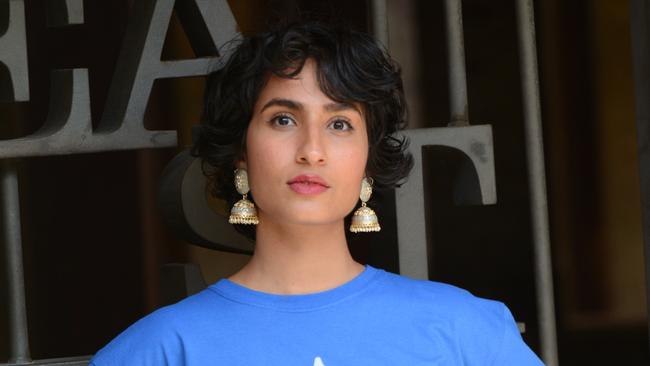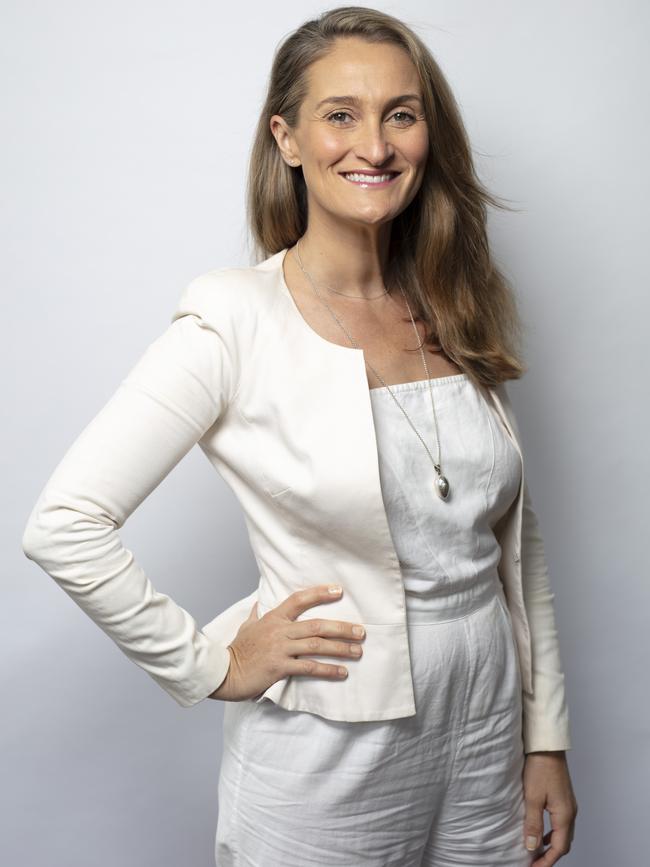Why women are the next big thing in personal finance
It’s time were taken seriously as a huge potential pool of clients for financial advisers.

The assumption most women have little interest in their finances, and aren’t very interested investors anyway, is under challenge as a huge shift in wealth unfolds around many parts of the world.
Women will control the bulk of the world’s wealth over coming decades, thanks to a combination of inheritance and greater financial independence, a number of research studies reveal.
The increasing impact of intergenerational wealth transfer to women is poised to disrupt the investment landscape, and specialist advisers are reporting major increases in demand from women keen to build financial security.
The average net wealth (personal assets minus debt) per capita of women in Australia was $400,000 – 89 per cent of the male average of $449,000 – in 2019, and up from $236,000 or 80 per cent of the male average in 2017, according to the 2019 Roy Morgan Wealth Report.
Meanwhile, women in the US, for example, are estimated to be in control of almost $38.7 trillion of assets by the end of this decade, as demographics shift and increasing wealth is inherited from Baby Boomers, according to a 2020 report by McKinsey.
The broad closing of the wealth gap for Australian women in recent years also comes from increased workforce participation – up from 56.4 per cent in 2007 to 61.2 per cent in 2020. This rate has however slowed recently as women’s employment was particularly hit at the start of the pandemic, with underemployment and fewer hours of work remaining problems.
Another factor boosting women’s wealth is the value of owner-occupied homes in a continuing rising market. This is often the household’s biggest asset and is jointly owned, which allows men and women to benefit equally.
Australian women are making financial progress despite facing numerous gender inequalities, the latest Financy Women’s Index shows.
Financy founder Bianca Hartge-Hazelman says the women’s financial platform was set up in 2017 to address gender financial equality and meet demand from women for more data and resources. It tracks key gender gaps and encourages companies to take accountability in moving the needle. It’s important to puncture the assumption women aren’t interested in financial planning and investing, she says, and to tailor advice about how to ensure they are financially secure and help them get in front of the curve.
“Women absolutely are concerned and are increasingly engaged with building wealth,” she says. She notes a growing appetite for specific information and says her audience reach often exceeds 500,000.
As well, women make up almost half of the participants on various personal finance and investing platforms, with a focus on building investment portfolios.
Women could soon overtake men as new stock market investors and that’s significant, according to accountant and independent adviser Diana D’Ambra, chair of Women in Banking and Finance, non-executive director of the Financial Planning Association, and former chair of the Australian Shareholders Association.
She is also involved in a number of start-ups.
Women were 45 per cent of total new investors over the last 12 months according to the ASX’s Australian Investor Study released in March. This follows increases over several years. The gender imbalance in investing is closing, the study noted, but research shows there are still fundamental differences between women and men in terms of their investing goals and choices.
Men are more focused on planning for retirement than women, the study found, while women value other goals, such as volunteering, going back to study or learning a new skill and getting their finances in order.
“Younger generation women know what they are doing and don’t want to be left hanging dry, they are very strategic about investment,” says D’Ambra.
After many years’ experience in the financial planning sector, she says women advisers can often provide the more tailored and detailed information that many women need.
This includes understanding the value of superannuation and how their funds are invested. “Women are now starting to ask ‘where is that money going?’” she says.
Ethical investing and other types of investments held directly or through their super, is a primary concern for many women.
“They have firm views and … they will move investments if they don’t like the way they are being managed and that’s quite important – and will become more important as their investment grows and women become the largest cohort of investors,” D’Ambra says.
The financial advice options available to women could be better communicated, she adds. “It’s still seen as paying percentage fees but you can do it as an episodic appointment, it’s not prohibitively expensive anymore and people don’t understand that. The messaging isn’t clear enough on it and we need to get it out there.”
The Financial Planning Association has a Women in Financial Planning group which offers a list of advisers that women investors can use. It has also been encouraging more women to look at the sector as a career option.
Women investors tend to benefit from a different advisory approach, says Financy’s Hartge-Hazelman.
“There’s a traditional landscape where many men still make decisions as the main breadwinner but that is definitely changing and that’s where a new type of financial adviser who is low cost and more of a money coach has an opportunity to tailor bespoke solutions or offer those mentoring pathways to advice,” she says.
Women tend to look for longer term financial assets, her research has found, and they have a different approach to some assets. With property, for example, women are highly engaged but more likely to buy and live in an asset than rent it out.
“Property is certainly not an asset class where women are under-represented, it’s the way they hold assets which is different to men,” says Hartge-Hazelman.

Younger women have a high level of interest in the stock market and are more likely to look at sustainable stocks and for more information on start-ups, she says.
That’s what Mariam Mohammed, founder of website Money Girl, has also seen. She set up the personal finance education platform two years ago, particularly targeting young women of colour and migrants, after realising there was little in the market for women such as her.
“All I had was white finance bros,” she says.
“I wanted a format that was easy and engaging and evidence based, covering tax and superannuation to investing.”
Since August 2019, about 200 young women have completed online courses and the online community has grown to about 2000. One of the most popular topics is share investing, particularly in tech businesses and start-ups, even with women just starting their careers.
“They understand the importance of wealth management not just security,” Mohammed, says. “They might start with micro investing of $500. It’s very exciting in fin tech to see how accessible investing is becoming.”
At a formal education level, the number of women enrolling in commerce and accounting degrees is on the increase.
One of the key areas of concern for women is their retirement savings – or lack of savings. Women’s average superannuation savings remain far less than men’s, with career breaks and lower salaries major barriers to accumulating balances. Career breaks have a huge flow-on effect when it comes to retirement savings and attitudes that a woman’s super doesn’t matter, Hartge-Hazelman adds.
“It almost encourages a lack of engagement and reliance on a man,” she says. “It’s absolutely critical to emphasise it’s just as important for a woman as a man. It’s not just about topping up but really seeing and owning that money.”
With the future of investing looking distinctly female there is a potential surge in philanthropic giving, too.
Even young women in the Money Girl community are very active in contributing money or time to a cause or charity.
In fact more women give to causes than men in many countries and are more likely to support programs for women. Giving circles – where women join together to raise funds and focus on a grassroots cause – are very appealing to women, says D’Ambra, who was on the board of the Sydney Women’s Fund.
“They like to see where the money is going and the impact … and they are about causes with long term impact,” she adds.
There is not much gender data on philanthropic giving in this country, says Australians Investing in Women CEO Julie Reilly.
But it’s likely gendered patterns of giving are very similar to US findings which show women give a greater proportion of their income than men, are more likely to give time and talent as well as money, and to give collectively as part of a giving circle.
The US Women’s Philanthropy Institute, she adds, found that women give far more money online than men. And with women controlling so much more wealth – research by BCG found the total amount of wealth owned by women globally could reach $120 trillion in 2023 – there is scope for a major boost to philanthropy.
The impact of women’s increasing wealth and financial independence is happening already, says D’Ambra.
“I don’t think the market is taking it seriously enough. And that’s going to be an issue for the market later on but more for advisory and fund managers – they haven’t recognised it properly. The financial planners have but they haven’t communicated it well enough and they are fixing that. There is going to be a big market there.”



To join the conversation, please log in. Don't have an account? Register
Join the conversation, you are commenting as Logout